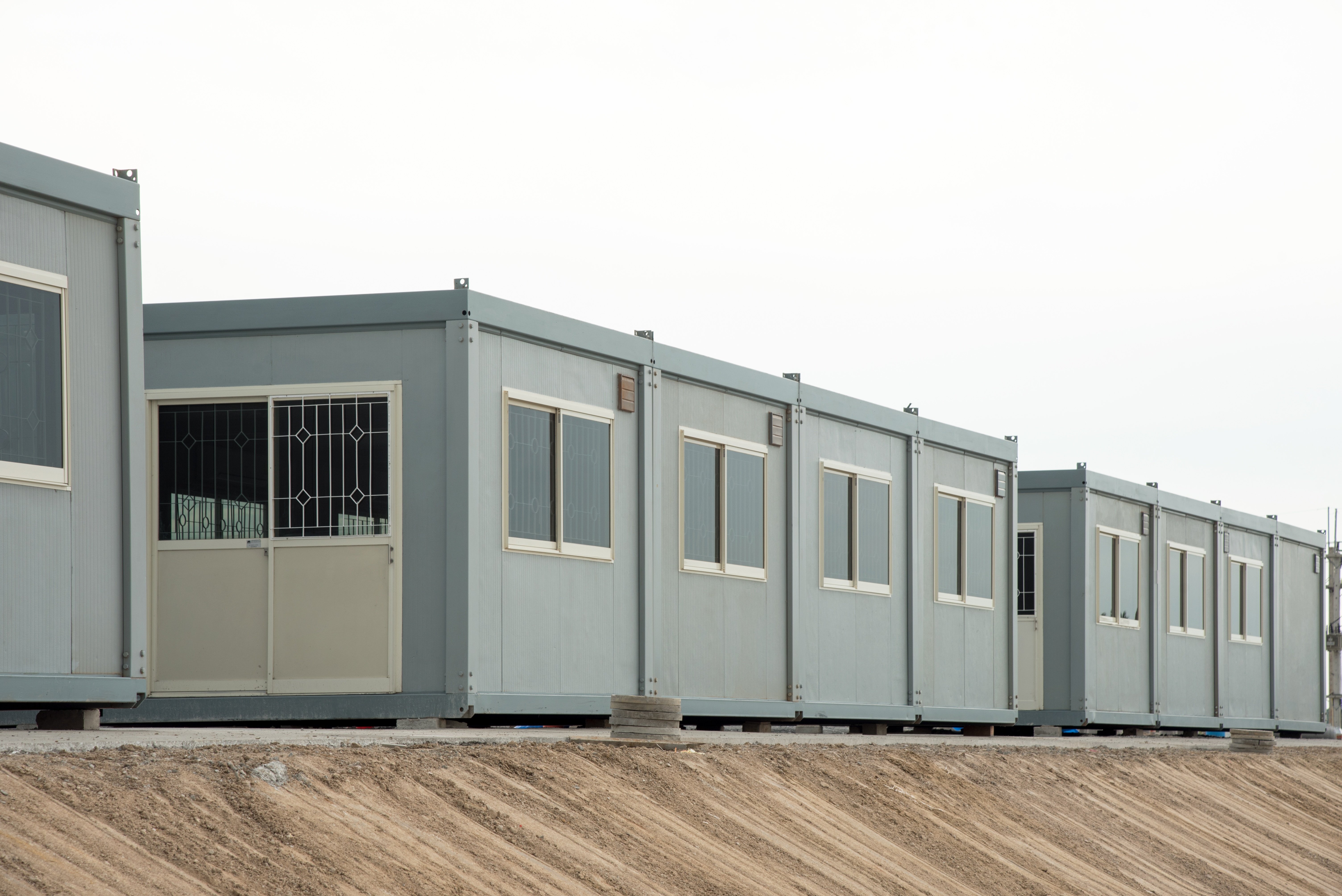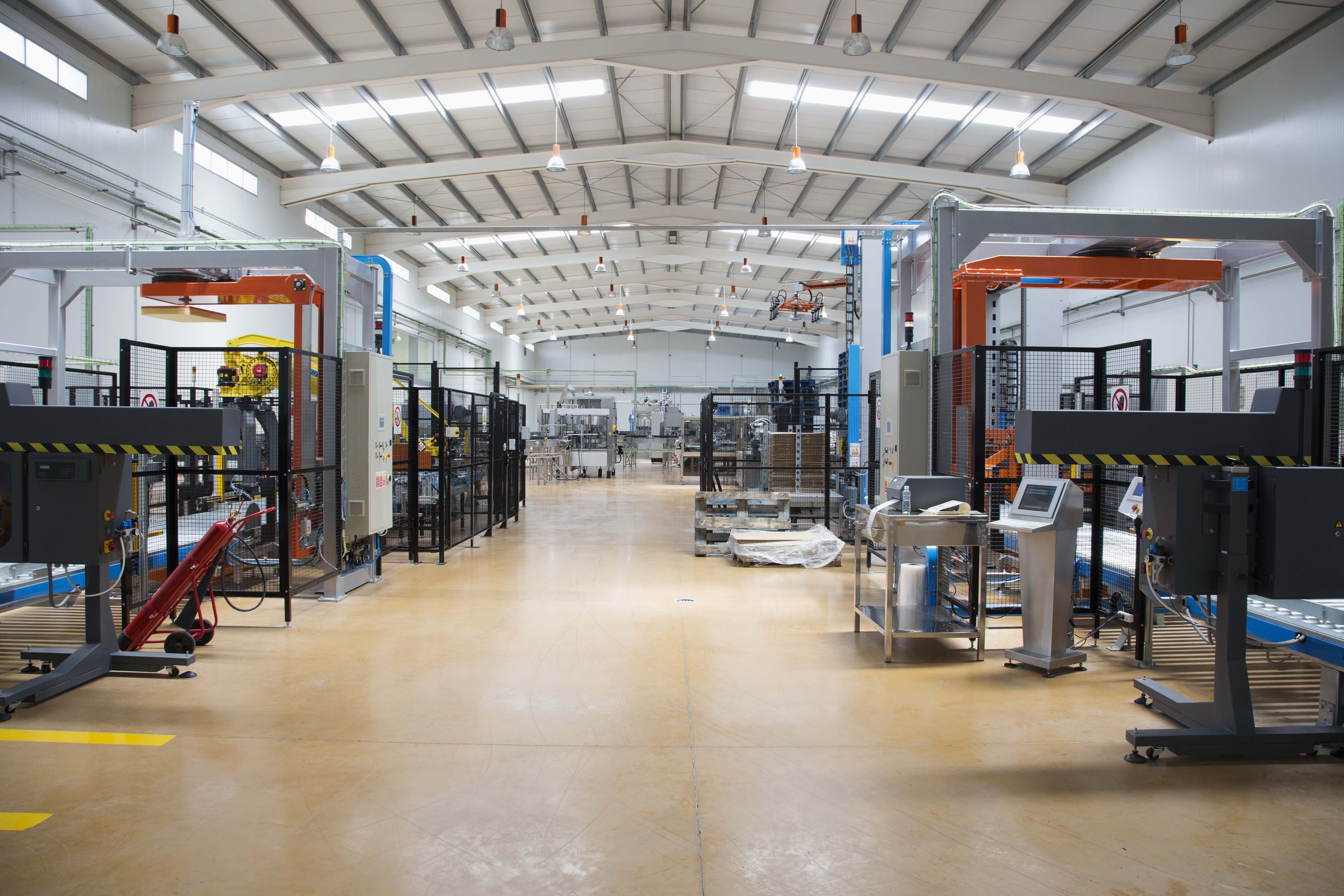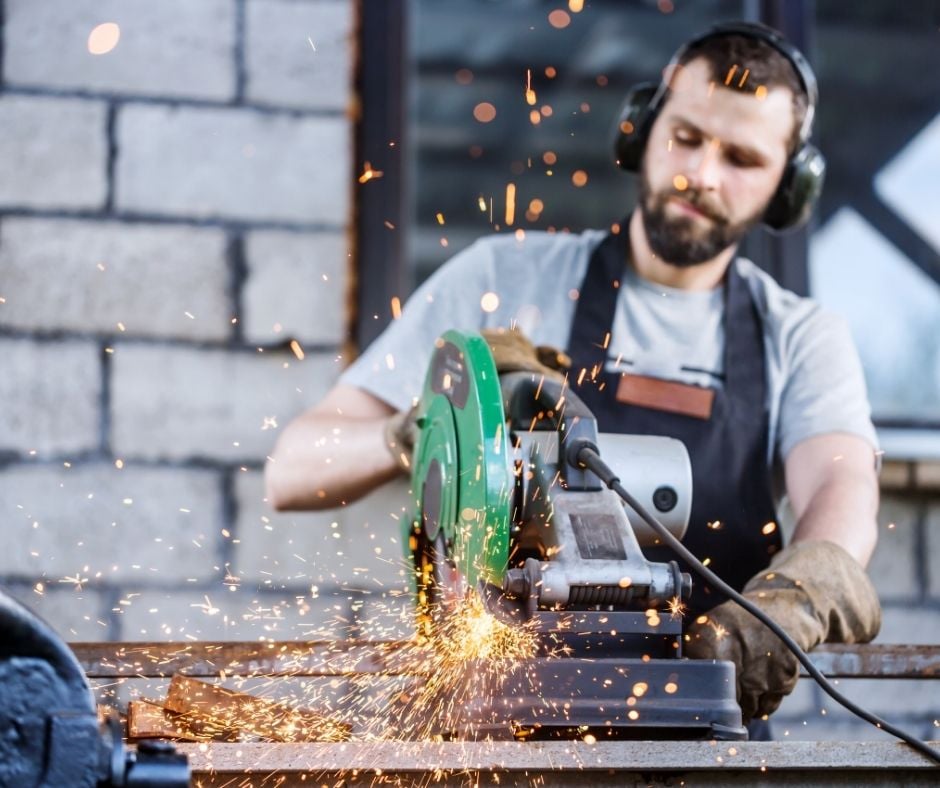
When it comes to construction efficiency, modular building is quickly becoming the new industry standard. From their efficiency to the ease of build, it's no surprise that modular construction is gaining popularity. More and more commercial contractors and residential homebuilders are adopting modular construction – and for good reason.
Modular buildings are built with the same materials and to the same building codes and architectural specifications as traditional construction and once assembled, they are nearly indistinguishable from their site-built counterparts. But modular manufacturing facilities, however, boast distinguishable differences where they matter most: the bottom line.
Here are just a few advantages to modular building for commercial use:
- Faster Time To Market. Compared to traditional project timelines where site civil and facilities construction must be completed first, modular facilities can be developed in parallel with civil and facilities construction since everything is assembled off-site. Additionally, weather delays are eliminated since modular assembly is indoors.
- Reduced Costs. Due to a shorter project timeline, efficient use of material, a smaller crew, and lower labor and operational costs are possible. And for multi-unit projects, their cost efficiency increases as one design is easily duplicated.
- Safety Benefits. Safety risks are reduced for modular construction personnel with fewer on-site OSHA exposure hours and smaller crew sizes. Further, enclosed fabrication facilities further reduce safety risks for fabricators.
- Fewer Required Resources. Production-style assembly and perfect construction conditions reduce material waste to reduce overall construction costs and part-maintenance complexities. And smaller site crews are needed on the construction site, too.
- High-Quality Assembly and Construction. Welding, pipe-fitting and other fabrication processes are performed under ideal, controlled indoor conditions and highly trained, experienced assembly and fabrication technicians ensure consistent work and worker availability.
The only disadvantage to a modular manufacturing facility then is its potential for noise issues and violations, which begs the question:
How can you increase efficiencies and benefit from a modular manufacturing facility without sacrificing soundproofing?
While more complex as industrial noise control for modular offices and manufacturing facilities cannot be solved with standard noise control products, the experienced team at Sonic-Shield can design and install a solution that addresses your unique noise-control problems.
We specialize in commercial and industrial soundproofing, offering a full range of soundproofing products and customized soundproofing solutions to solve even the most demanding noise problems. Our soundproofing solutions reflect our ability to identify and, when necessary, develop and fabricate the appropriate soundproofing materials for your particular needs.
So if you’re considering modular manufacturing or office facilities but are concerned about noise issues and violations, worry no more. To discuss your specific needs and concerns contact us today.




